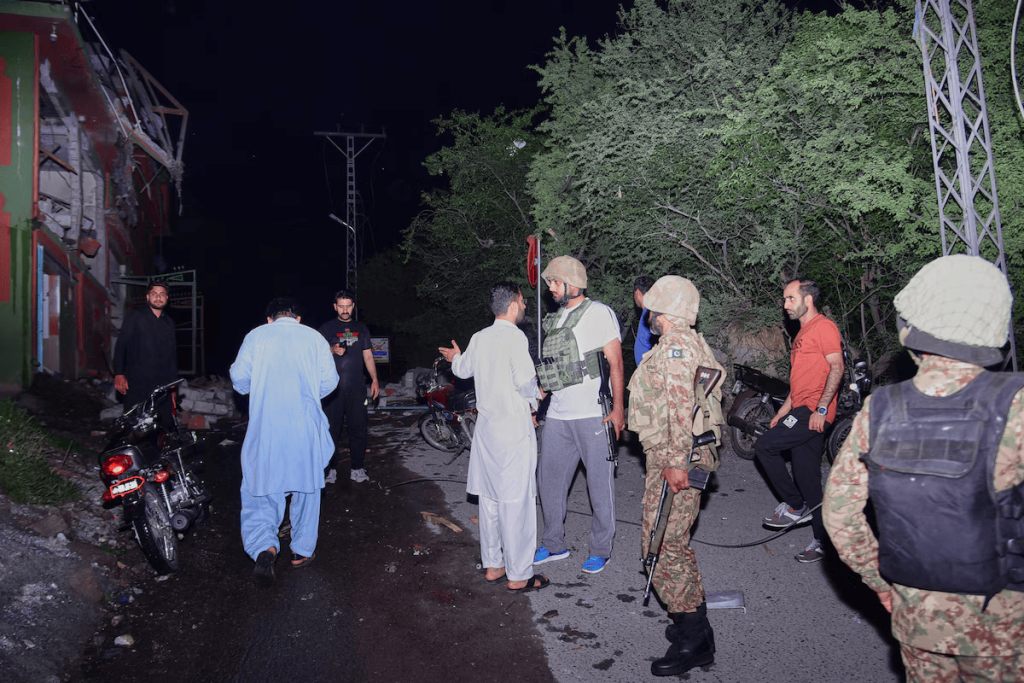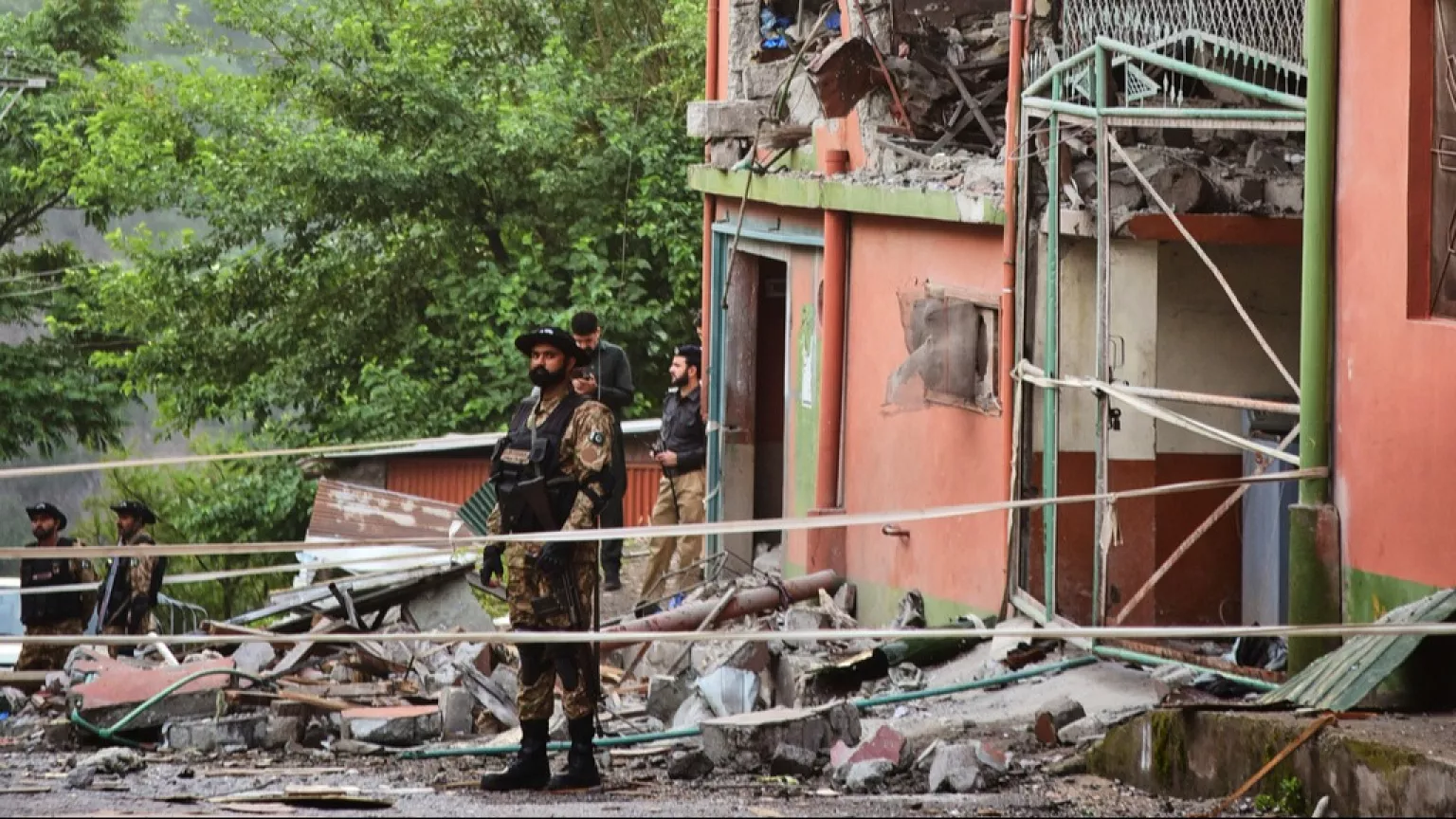After a deadly terror attack in Kashmir claimed 26 civilian lives, India didn’t wait long to respond.
In a bold move early Wednesday, it launched airstrikes on nine locations in Pakistan.
These included parts of Punjab — a significant escalation beyond the usual flashpoints in disputed Kashmir.
India says it had clear evidence linking Pakistan-based militants to the attack.
It insists its strikes were “measured, responsible, and nonescalatory,” targeting only “known terror camps.”
But across the border, Pakistan is calling it what it fears it is: “an unprovoked and blatant act of war.”
The Pakistani military claims over 20 people were killed and vows to retaliate — on its own terms.
What’s Happening?
Meanwhile, rumors are flying about downed aircraft, but official confirmation is elusive.
This isn’t the first time tensions between these two nuclear-armed neighbors have boiled over.

But hitting Punjab pushes the conflict into new, dangerous territory.
And with both sides trading threats, the world is watching anxiously.
As global leaders urge restraint, one thing is clear.
In a region where every move could ignite a much bigger fire, the line between retaliation and escalation is razor-thin.
The question now: who steps back first?





